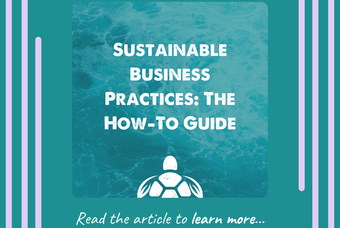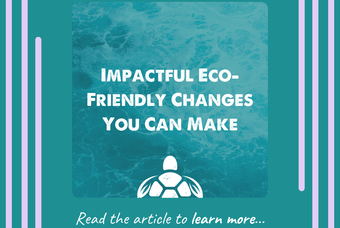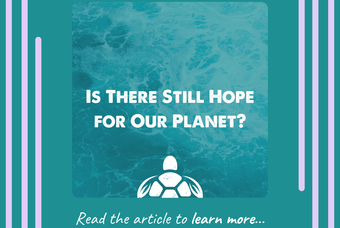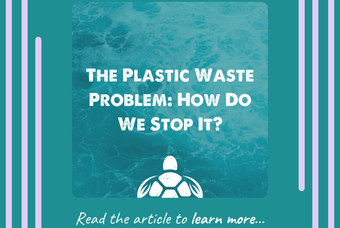The News-Hub/ Articles
Back to Articles
Recommended Articles
Small Initiatives, Big Impact: How Africa's Green Projects Are Saving the World
Plastic waste is a menace all over the world, but more so in the developing world. Low GDP, corruption and the inability to set up recycling plants in these countries always hinder waste management. However, small-scale initiatives across Africa are hoping to correct this and provide a solution to the single-use plastic issue in the developing world and beyond. Many entrepreneurs in Africa often act in collaboration with governments, NGOs, manufacturers, and locals to recycle plastic waste and use it to produce other products.
Paving the Way to a Better Future
Nelson Boateng, a Ghanian entrepreneur, owns Nelplast, a company that used to manufacture plastic bags. In 2015, Boateng decided to switch to an environmentally friendly mode of income generation because he thought a nationwide plastic ban was inevitable. He started using discarded plastics to make cheap pavement and building blocks for locals to use. His blocks have since been used to pave homes and rebuild roads. Through Nelplast, Boateng employs about 560 individuals directly and indirectly.
Environmental initiatives, such as Nelplast, make a big impact through a small change and are exactly what the world needs if we're to tackle climate change and reduce plastic waste.
Another social enterprise, Ecopost, can be found in Kenya. Ecopost tackles two important issues in Kenya: youth unemployment and waste management. Kenya's capital, Nairobi, is populated by 35% young people, yet this demographic makes up 70% of the city’s unemployment rate. Moreover, Nairobi’s inhabitants produce over 2,000 tonnes of waste every day; however, only half of this waste is collected daily. Fortunately, Ecopost hits two birds with one stone.
This initiative ultimately aims to provide sustainable jobs for marginalized populations, while reducing waste and deforestation at the same time. The jobs provided include aiding the production of plastic poles, which are used for agricultural purposes and construction. Other products made out of recycled materials at Ecopost include benches, flower pots, and raised beds for gardening. Now, thanks to Ecopost, over 2,000 people have a stable livelihood.
Transforming Waste into Fuel
In 2017, Africa’s first recycling plant that converts end of life plastic to synthetic fuel oil was created. This was initiated by Alternative Energy Systems Limited (AESL), based in Kiambu, which uses a conversion technology that can convert 12 tonnes of plastic waste into synthetic oil every day. This conversion technology is called pyrolysis and it decomposes materials at extremely high temperatures.
Using pyrolysis, AESL can change almost all types of plastic trash into synthetic fuel oil and carbon black, resulting in 90% of the oil used in industrial boilers and incinerators. And so, while many other waste management systems can only deal with specific grades of plastic for recycling, AESL can recycle it in all its forms. In doing this, they generate positive social change by increasing employment opportunities, reducing plastic pollution and producing sustainable alternatives to fuel.
Helping the Planet and Local Communities
Other initiatives in Africa include recycling plastic to make bags for shopping and going to school. One grocery retail outlet store in South Africa, Pick n Pay, uses recycled plastic bottles to make cheap shopping bags. As a result, in 2018, South Africa recycled 15% more PET than Europe.
Meanwhile, Rethaka, a social enterprise, is busy repurposing plastic bags by turning them into sturdy school bags for students in the North-West region of South Africa. These bags have solar panels built into them that trap solar energy from the day to provide light for study at dusk. With the possession of these bags, families save money that would otherwise go into purchasing candles.
The implementation of these simple yet effective initiatives has reduced the use of plastic bags significantly, saved families money and helped to make the planet healthier too.
These projects face one common challenge though: scaling up. More funding from business giants, NGOs and the developed world is necessary to continue the good work of eco pioneers across Africa, help change the world and give the less fortunate a glimmer of hope.
Do you know of any green initiatives that have helped to transform communities and reduce waste? Let us know in the comments below!
Empty content. Please select category to preview











0 comments. Write a comment